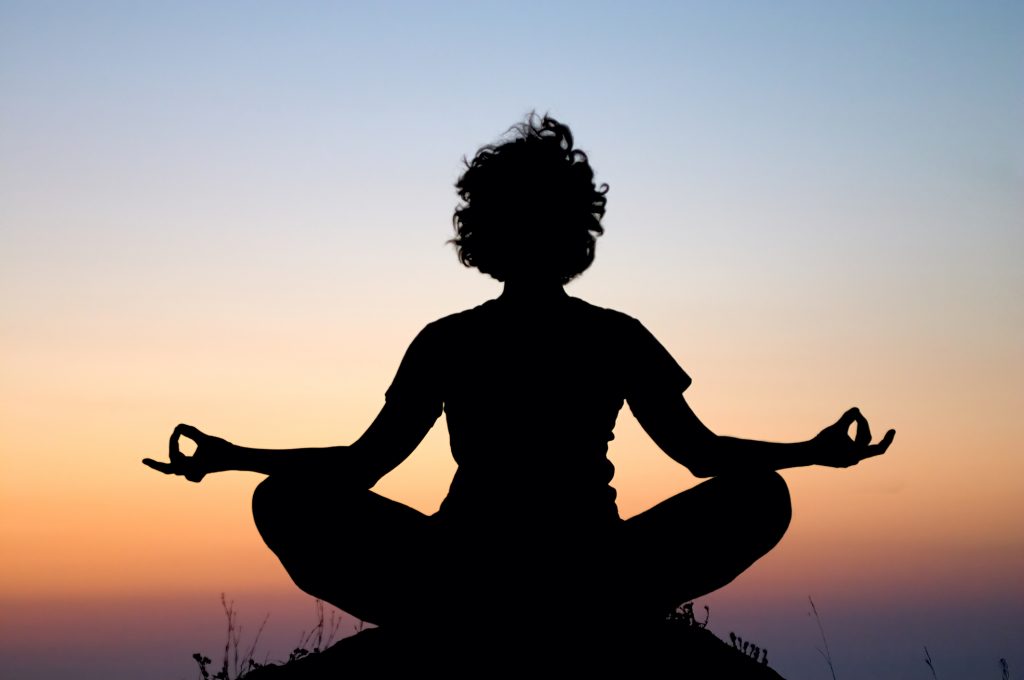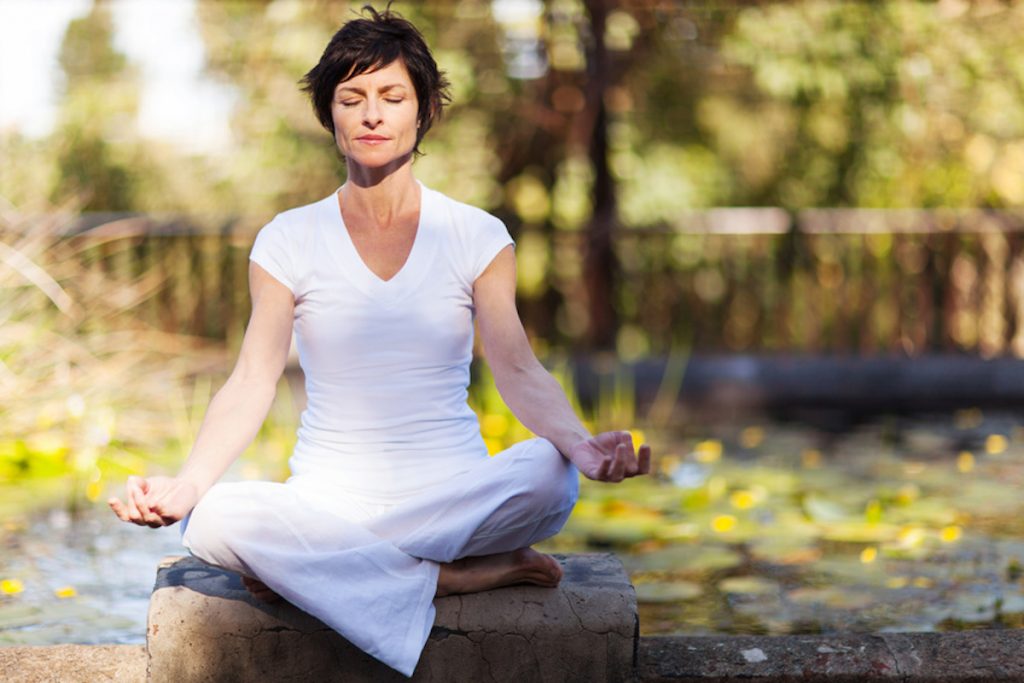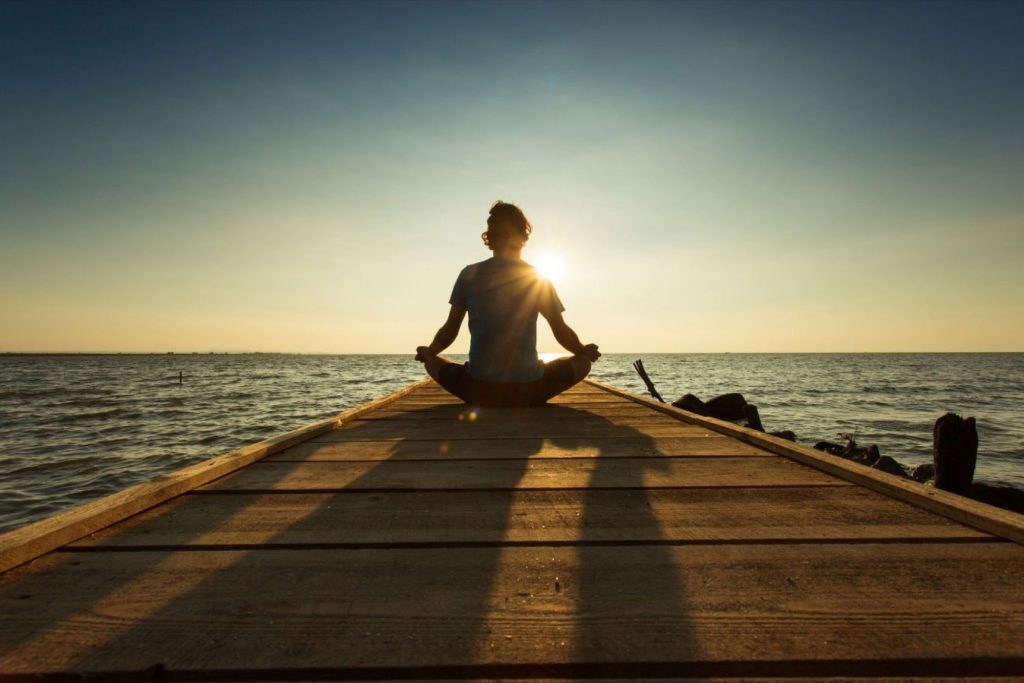
One of people’s biggest concerns coming into meditation is ‘how will I find time for 30-40 minutes of meditation a day? It’s a good question, and one that implies an even more fundamental question, which is ‘what am I doing with my time each day, and can I my optimally allocate my time to achieve my life objectives?’
This musing was triggered by the recent research suggesting that the average person spends 40 minutes a day on social media. Obviously, the distribution of time allocated varies a lot from person to person. If there is a fairly normal distribution, it is amazing to think that for every person who spends barely any time on social media, there may be another who spends a whopping 80 minutes on there! Perhaps we should call it anti-social media!
Let’s take the average example and then build from there. If you do spend 40 minutes a day on social, it may be that it helps you stay up to date with what’s going on and may help you stay connected to those in your network. But personal experience and observation of user behaviour suggest that the majority of the time spent on social is frittered away on fairly meaningless browsing that will make very little difference to your life. It may also provide an outlet for people to distract themselves from pain, stress or loneliness.
However, when you compare it to what 40 minutes a day of meditation will give you, the allocation of time to social media seems very wasteful and inopportune.
Meditation will help you feel less stressed and more balanced. It will help you feel more connected to who you really are. It will help you feel like you can cope with challenging situations, it will enhance your ability to connect with other people, not just via the binary interface of the worldwide web, but live and in real-time, and itwill give you much more powerful ‘you’ time than merely escaping into a digital dreamland.
Dynamically, spending more time online (especially early morning or late at night), will actually increase agitation to the nervous system, will ultimately lead to you feeling more anxious and stressed, and will diminish your sleep quality as spending all that time on screen, particularly late at night, is the exact opposite of what you’re biologically programmed for.
On the plus side, apparently young people are drinking less, which given our culture of bingeing, might be a positive side effect of the social media revolution. But if alcohol is replaced by the antidepressants and anti-anxiolytics that may arise from too much virtual interaction and not enough real interaction, then maybe I’ll take a shot of sambuca!
If we look at the dynamic effects of meditation on your day, it makes you clearer, calmer, more creative, much better able to problem solve, better at making decisions and ultimately, it allows you to be much more productive in every sphere of your life. What we hear from so many people who are doing 40 minutes a day of meditation is that meditation gives you more time, not less.
It also has a powerful impact on your sleep quality, enabling you to get much better rest at night and giving you more physical, mental and emotional energy to power you through your day. So the irony is, that after a little while of meditating, you could probably still spend 40 minutes a day on social media in addition to your 40 minutes a day of meditation because you’ll become that much more efficient in what you do. Whether you would choose to is an entirely different matter, for there would be fewer feelings of loneliness, stress or pain that you would need to distract yourself from. So that 40 minute-plus efficiency dividend could be dedicated to something much more inspiring still.
And this then begs the most important question of all; ‘are we really optimising our time each day’? There are apps out there (Evernote / Toggl / Rescue Time) that help you log how much time you spend each day doing all the activities you do. If you collect data for 2-4 weeks and analyse it, you may be blown away by how poorly you are investing your time.
There is also an argument to say that many of us are quite poor on our strategic allocation as well. Just because we are being ‘busy’, does not mean we are necessarily being effective. Both professionally and personally. Are we being smart in our decisions? Are we dedicating ourselves to people, past-times and professions giving us the most uplifting experience? Are we honouring our true selves? Or are we merely playing the game that everyone else is playing, sacrificing the precious life we have for activities that leave us feeling cold, or total aversion towards but which we feel will please other people?
Importantly, it’s not only the quantity of time we dedicate to things; it is the quality. In our numbers-driven world, it’s easy to hide behind the fact that we spend x amount of hours doing this, and x amount of hours doing that, but what is the quality of it? Is your time with your partner super high value, or has it diminished into the ordinary and familiar? Does your time with your friends or your kids fill them with a sense of love, life, laughter and learning? Or is that time spent on autopilot and coloured with a little bit of apathy or superficial interaction?
If we assume that we will be on the planet for three score and ten (70) years, and some of us may be less than this, how we allocate our time in life is crucial. What are the things that are most important in life? Love? Health? Wisdom? Purpose? Fulfilment? New experiences? What else? Each of us can fill in the blanks, and each of us can prioritise. Now how many of us are living our lives in accordance with our life priorities? Are there improvements that can be made? Let’s go ahead and start making them right now. It’s not a job for tomorrow, it’s a job for today, and every day we live on this precious planet.
Meditation helps me access all of the above and a lot more besides. And it seems to be a recurrent theme in long-term meditators. It also helps me maintain perspective and prioritise according to what feels right for my life, as opposed to how other people think I should be living my life.
And on the subject of longevity, this practice also reverses your biological age by about 12 years, so it gives you more quantity of life and more quality of life (looking and feeling younger) and so it’s a total no-brainer in every sense.
So next time you have a moment of calm, why not think about what you would do if you only had five years of your life left to live. What would be the most important things? Or think about yourself on your deathbed and think about the life you’ve lead and are currently destined to lead and ask yourself what it is you think you would be proud of, and what you feel you could have done better?
Think about the qualities you would like to enjoy more than the specific means by which you achieve them. Give yourself the wiggle room to decide how you go about achieving them as you follow the most charming route to their realisation, and always be open to finding new ways to fulfil what feels relevant to you. And meditate regularly so that you can stay connected with what’s important to you and your fundamental essence. It will give you freedom, insight and the organising power to make these things a reality.
For those who need some useful tips on how to make themselves more efficient and how they can manage life in a way that gives you more time, Tim Ferriss’ book is a great starting point. If you don’t think you have time to meditate, read this book and it will give you time. And then meditation will give you more. You can become time-rich, energy-rich, and inspiration-rich with a few simple steps.
Life will always be full of challenges. And it\’s becoming ever more important that we find smart ways of meeting these challenges so that we can honour ourselves and honour life by living a life worth living.

The Benefits of Beeja Meditation
- Reduce stress and anxiety
- Greater clarity and calm
- Increase focus
- Enhance relationships
- Sleep better
- Feel energised



